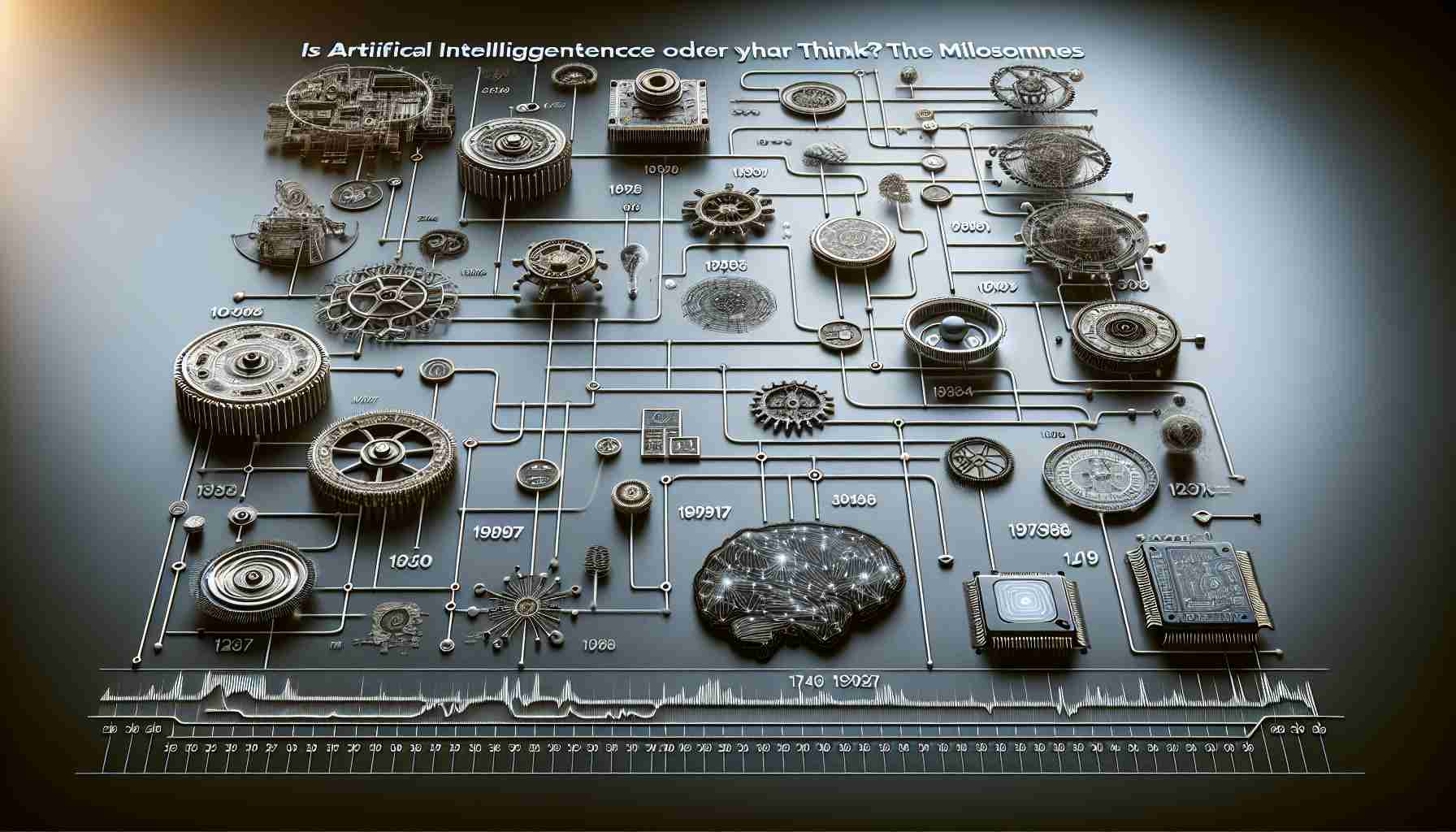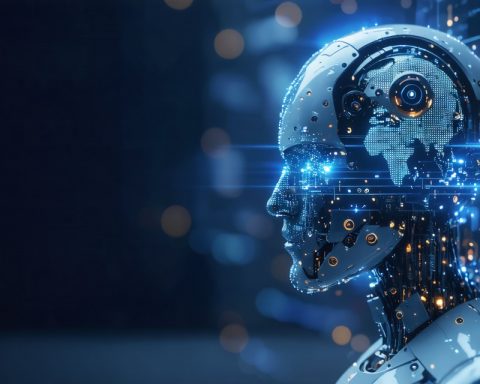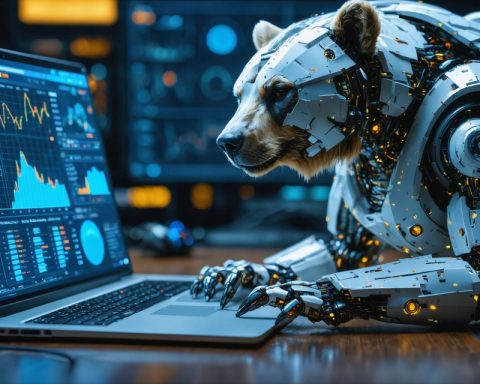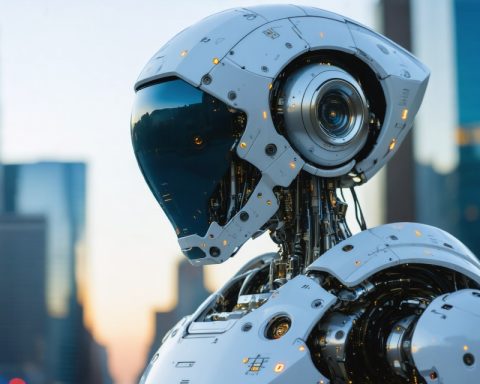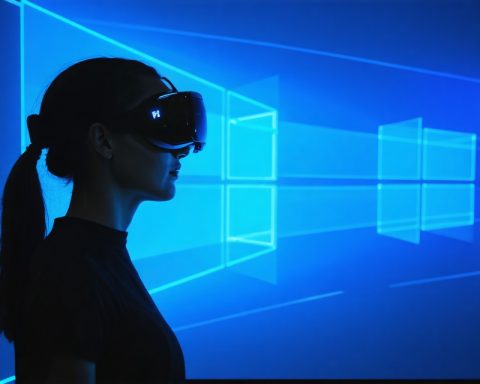Artificial intelligence, or AI, might seem like a modern marvel, but its roots trace back further than many realize. The journey began in the mid-20th century. A landmark moment was in 1956 at the Dartmouth Conference, which is considered the birthplace of AI as a field. During this pivotal gathering, leading scientists like John McCarthy, Marvin Minsky, and Allen Newell discussed the potential of creating machines that could simulate human intelligence. This conference coined the term “artificial intelligence” and set the stage for AI research.
However, the concept of AI is even older than the 1950s. Visionaries like Alan Turing had already laid the groundwork with their theoretical explorations. Turing’s 1950 paper, “Computing Machinery and Intelligence,” posed the famous question, “Can machines think?” and introduced his eponymous Turing Test, a criterion for determining a machine’s ability to exhibit intelligent behavior indistinguishable from a human.
Progress in AI, albeit slow at first, gained significant momentum through the decades. The 1960s and 70s saw the development of basic AI programs and early neural networks. Despite facing periods of stagnation, known as “AI winters,” the field surged forward with the advent of more powerful computers in the 1980s and 1990s, leading to the sophisticated AI systems we see today.
Understanding the history of artificial intelligence helps us appreciate its advances and anticipates its future potential. While often perceived as a contemporary innovation, AI’s foundational concepts and development stretch back over seven decades, highlighting the remarkable evolution and enduring fascination with creating smart machines.
The Unseen Impact of Artificial Intelligence on Modern Society
Since its conceptual birth in the mid-20th century, artificial intelligence has been transforming various aspects of human life, and its influence continues to spread across the globe in ways we might not have anticipated. Beyond its historical roots, AI’s evolution touches on sensitive issues affecting people, communities, and nations.
Economic and Social Impacts
AI is disrupting labor markets, with automation replacing jobs traditionally performed by humans. McKinsey Global Institute predicts that by 2030, up to 800 million jobs could be displaced by AI-driven automation. This raises the pressing question: How will economies and societies adapt to mass workforce transitions? Governments are grappling with policies to mitigate unemployment, with some considering universal basic income as a potential solution.
Ethical and Privacy Concerns
AI systems, particularly in surveillance and data-driven decision-making, pose ethical dilemmas. Facial recognition technology and mass data collection challenge privacy norms, leading to global debates about the balance between security and personal freedom. Controversies, such as those surrounding facial recognition systems deployed in public spaces, highlight the dire need for regulatory frameworks that protect individual rights.
Cultural Transformations
Moreover, AI is reshaping cultural landscapes. In creative fields like music and art, AI-generated content raises questions about authenticity and creative ownership. Is a piece of music considered a true work of art if it’s composed by an algorithm rather than a human?
These ripple effects necessitate a thoughtful examination of AI’s role in our world IBM. Are we prepared for the challenges and opportunities that AI presents as it increasingly integrates into our daily lives? The dialogue is ongoing, and the answers are evolving as fast as the technology itself.
